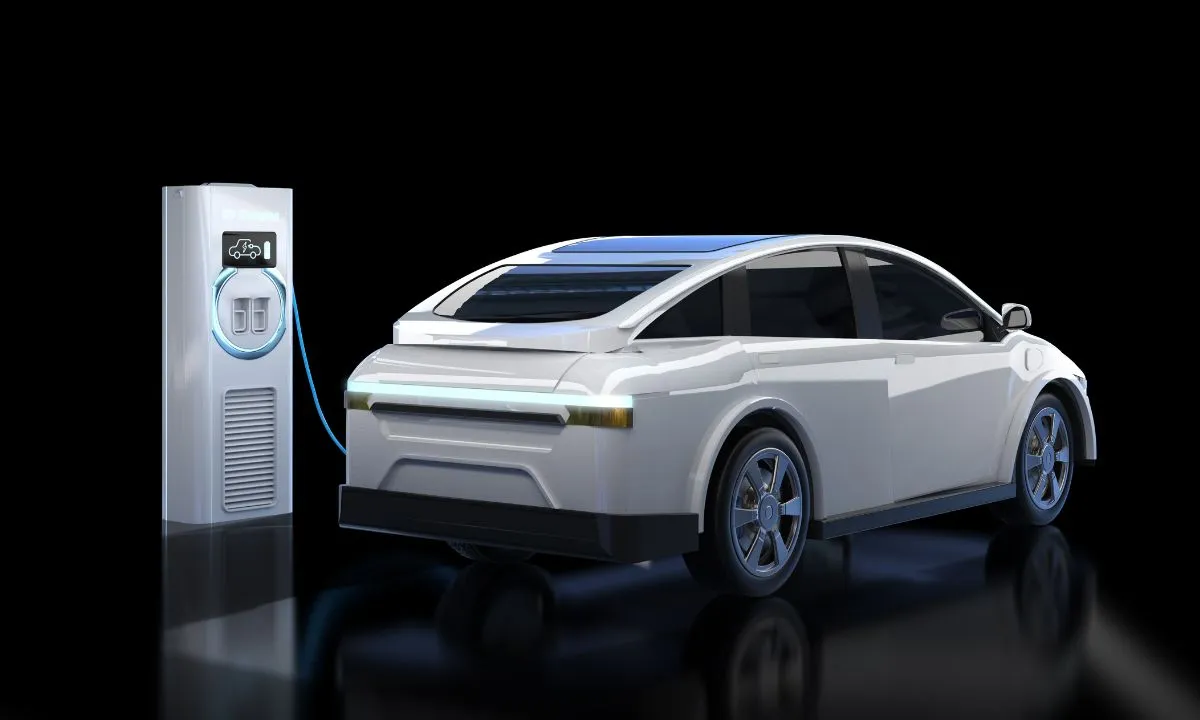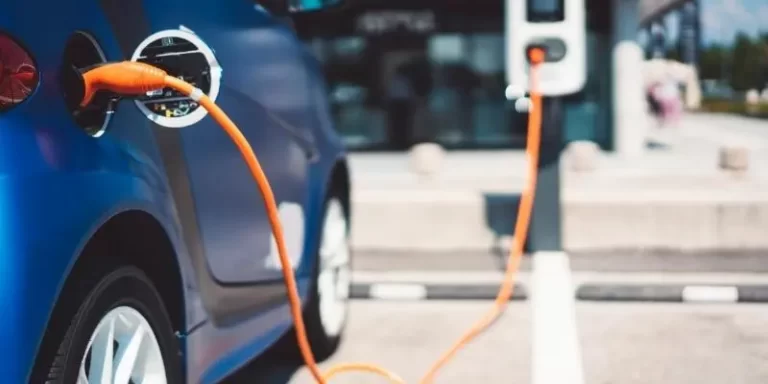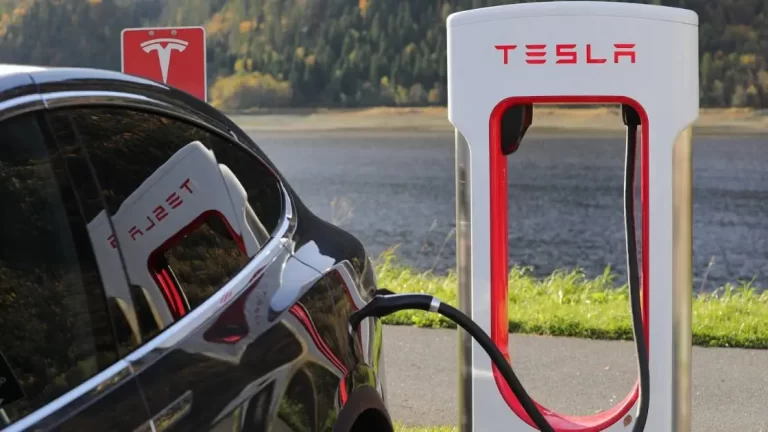Tesla to Recall 2.2m Vehicles over Warning Lights Concerns
Staff Report
Tesla, the largest EV manufacturer in the United States (US) is recalling around 2.2 million vehicles due to concerns of warning lights.
U.S. safety regulators had reported that Tesla is recalling nearly 2.2 million vehicles that were sold in the United States due to undersized warning lights on the instrument panel.
This widespread recall encompasses all Tesla models from 2012 to 2024, including the Model S, Model X, Model 3, Model Y, and the recently launched Cybertruck.
Tesla has begun rolling out an online software update to address the issue, with notifications to owners starting March 30, 2024.
According to a report, this recall comes amidst heightened scrutiny by the NHTSA on Tesla vehicles.
On the same day, an ongoing investigation into steering problems in 2023 models had been upgraded to an engineering analysis, bringing it closer to a potential formal recall.
According to a report published by the National Highway Traffic Safety Administration (NHTSA), the brake, park, and antilock brake warning lights feature a font size smaller than mandated by federal safety standards.
This discrepancy could impede the readability of critical safety information, potentially increasing the risk of a collision.
In December 2023, the NHTSA compelled Tesla to recall over 2 million vehicles for a software update addressing a flawed system meant to ensure driver attention while using Autopilot.
This followed a two-year NHTSA investigation into crashes involving the partially automated Autopilot driving system, some of which resulted in fatalities.
The investigation found that Autopilot’s method of verifying driver attention could be inadequate, leading to “foreseeable misuse of the system.”
While safety experts view the recall positively, they argue that it doesn’t fully address the underlying issue of Autopilot not responding effectively to stationary vehicles.
Experts like Bryant Walker, Director of Safety Testing at Consumer Reports, highlight concerns about Tesla’s driver monitoring system, relying solely on detecting hands on the steering wheel, as insufficient in preventing distractions.
“This approach can be easily fooled and doesn’t guarantee driver engagement,” Walker warns.
Tesla maintains on its website that its Autopilot and “Full Self-Driving” systems do not make vehicles autonomous, emphasizing the need for human drivers to be ready to intervene at all times.
However, this emphasis might not be enough to appease investors and consumers. The recent recalls are estimated to cost Tesla around $1 billion in repair costs, and the company’s stock price has already dipped by 5% following the announcement.
Adding to the concerns, Tesla is also recalling over 1.6 million Model S, X, 3, and Y electric vehicles exported to China due to separate issues with their automatic assisted steering and door latch controls.
This international recall further highlights the company’s ongoing safety challenges.
This series of recalls raises questions about Tesla’s commitment to safety and the reliability of its technology. Joe Biden’s Electric Car Vision and Challenges Ahead
While Tesla implements software updates and addresses the immediate issues, the NHTSA’s continued scrutiny and investigations underscore the need for further advancements in ensuring the safety and responsible use of autonomous driving technology.
The long-term impact of these recalls on Tesla’s public image, consumer trust, and the development of the autonomous driving industry remains to be seen.








